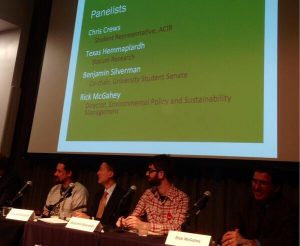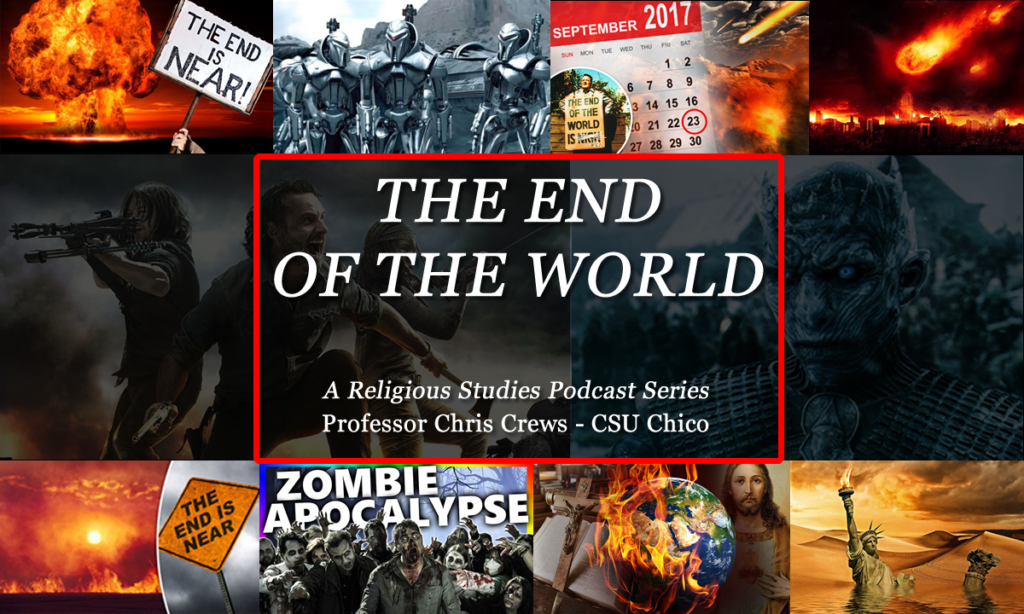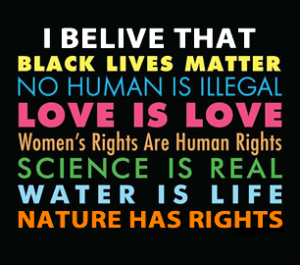New School Divestment – Updates and Thoughts
So as I recently wrote here and in my column in The Free Press, The New School should divest all of its endowment from fossil fuels. Following up on that post, there was a recent forum on divestment held on campus in which I was a participant. You can read live coverage of the event at The Free Press here, and also watch the full event video below.
The forum raised a number of very interesting points from a variety of angles, and I think all of those in attendance found it useful and educational. I know I certainly did. The real challenge now is where do we go from here? The university advisory committee which I am a part of, the ACIR, will be revisiting our Climate Change Action Plan (CCAP) that we submitted to the trustees, trying to take into account some of the issues raised since our initial meeting with the board, and in this forum, but the main goal of fossil fuel divestment is not going to change. The question now is more of strategy and tactics.
You can watch the full video of the event here. So based on the discussion at the forum, and in conversations afterwards, I would say there are two main challenges which need to be addressed. These are not specific to The New School, but are actually something that every campus working on divestment could think about, and should, in developing their strategies.
- Fiduciary responsibility arguments
- Parallel and complementary strategies
Fiduciary responsibility arguments
 In its simplest form, this is a question about how to deal with an unresponsive market that is valueless and aethical. I know, aethical is not actually a word, even my Scrabble standards, but what I want to get at here is that the market is not unethical, but instead without any ethics, hence the a- prefix. By definition, the market has no values, ethics or morals. Those are a product of human interactions within the realm of exchange. The problem, of course, is that markets very quickly come to reflect an unethical framework because of the people making decisions about how the market operates, what it values, and what those “values” which are of value are, and what those values translate to in terms of exchange and accounting.
In its simplest form, this is a question about how to deal with an unresponsive market that is valueless and aethical. I know, aethical is not actually a word, even my Scrabble standards, but what I want to get at here is that the market is not unethical, but instead without any ethics, hence the a- prefix. By definition, the market has no values, ethics or morals. Those are a product of human interactions within the realm of exchange. The problem, of course, is that markets very quickly come to reflect an unethical framework because of the people making decisions about how the market operates, what it values, and what those “values” which are of value are, and what those values translate to in terms of exchange and accounting.
Ok, this is all a little abstract, but the point I want to make here is that if we believe that we–here ‘we’ being The New School–should not be invested in fossil fuel companies, we cannot simply use that moral or ethical argument as the end-all of our argument about why it should be done. This is precisely why I said in the forum that I don’t want to use our endowment as a political tool for leverage. Instead, I want to use our institution to put our values and ethics into practice, which is a much deeper and, in my view, more radical approach to the issues, because it attempts to not only address money but also mission. What is our mission, and how does the means of generating income for that mission affect our institution. In other words, does the means (money from fossil fuel companies) justify the ends (a critical and politically aware education)? And if it doesn’t, then how can we change that? The answer I took away from the forum is that we need to make the ethical argument stick by taking away the fiduciary argument as a crutch to stand on. So that is the next big project–figuring out how to do just that.
Parallel and Complementary Strategies
The other big question, which was raised and discussed by a few people in different ways, has to do with both alternative investment strategies and alternative ways to approach the fossil fuel issue, such as pension funds, which came up as an example in one of the questions from a Parsons faculty in the audience. Another one of our faculty from Milano asked about if we had invested in different companies, such as the second highest performer over the past 10-15 year period, would we have had equal or similar returns? So these are some of the questions that we need to be asking and thinking about, as part of larger strategies to support the push for divestment and as more tools in our proverbial toolbox. There is much more that could be said here, but I’ll leave it at this for now.
Stay tuned for more on the question of fiduciary responsibility and ethics, as I am working on a future post about that.
Until next time…#divest.
###


